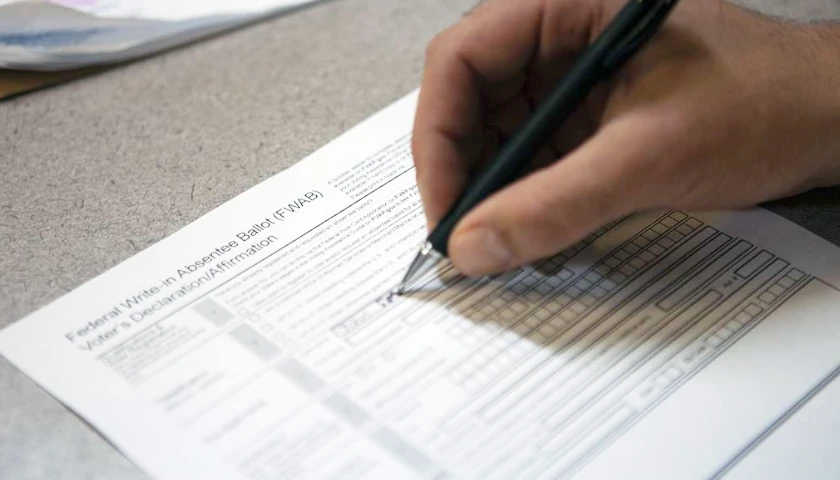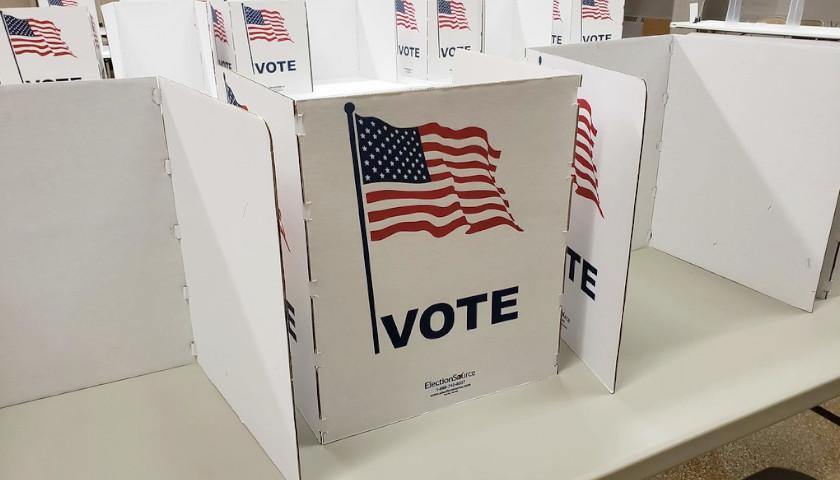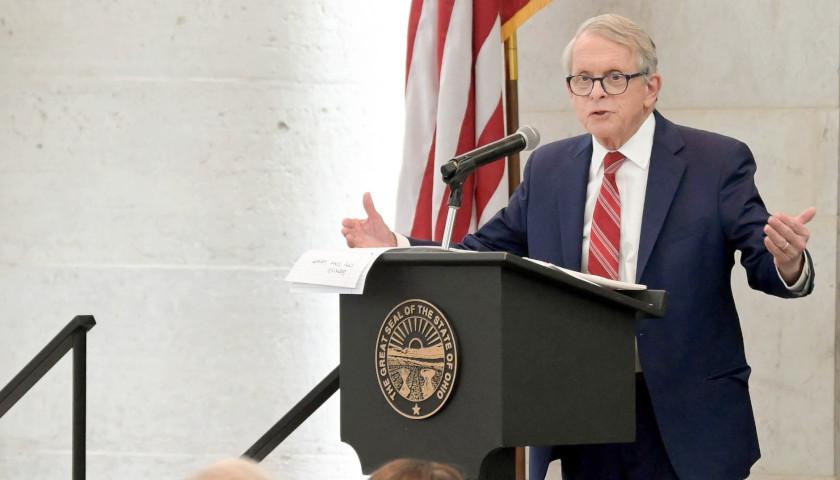An Ohio state senator introduced a new bill this week that would allow Ohioans to lawfully produce as much as 200 gallons of homemade liquor a year without a government permit as long as they don’t sell it.
The first set of measures from the current legislative session, which started earlier this month, was introduced by the Ohio Senate on Thursday. Senate Bill (SB) 13 sponsored by State Senator Frank Hoagland (R-Mingo Junction) which allows for the distilling, serving, and shipping of homemade liquor without a permit was one of them.
As long as there is a resident who is at least 21 years old, SB 13 would make it legal to produce up to 100 gallons of homemade alcohol per household annually. If at least two residents are over 21, the limit raises to 200 gallons.
The legislation allows people to give out their homemade liquor for free, including serving it on private land, but they can’t sell it. If the home is the recipient’s principal dwelling and is situated in Ohio, they may also send it to their “family, neighbors, coworkers, and friends.”
“This legislation is so that it is not illegal to ship the product within the state of Ohio,” Hoagland told The Ohio Star.
According to the U.S. Treasury Department’s Alcohol and Tobacco Tax and Trade Bureau, federal law forbids the home production of liquor. Americans can make their beer or wine for personal consumption, but creating your liquor can lead to seizures, penalties, and even jail time.
According to Hoagland, he thinks that the law should be uniform for all types of alcohol.
“If you can make beer or wine, why can’t you make whiskey? Why is one ok and not the other?” Hoagland told The Star.
Hoagland continued that brewing homemade beer vs. distilling liquor is very similar.
“Making whisky/rum/bourbon is very similar to making beer or wine. The main differences are, 1., there is no bittering agent in the mash to offset the sugar in the end product like there is in beer. 2., You are running the fermented product through some form of a still. In doing so, one is taking the alcohol out of the mash and throwing the byproduct away. The person can choose to mix the alcohol into something to drink right away, they can age it, or they can double or triple distill it and then mix or age it,” Hoagland told The Star.
The National Conference of State Legislatures said that most states rigorously restrict making alcohol at home in accordance with federal law.
In 2014, Missouri passed the legalization of home liquor production with comparable language to Hoagland’s proposed bill. Similar moonshine legalization measures have passed the West Virginia House at least twice, most recently in January 2022, but the State Senate is blocking them. New Hampshire lawmakers put out a similar plan in 2019, but it didn’t move forward.
Small-scale liquor manufacturing is permitted in Ohio under current law, which strictly controls alcohol sales, but doing so necessitates obtaining a state permit.
The number of commercial craft distilleries has increased throughout the state due to a 2011 legal reform that removed limits on micro-distilleries.
Hoagland told The Star that this is good legislation that will create Ohio jobs without fear of legal repercussions.
“The craft distilling boom allowed people to find a recipe that they could recreate and were happy with before they went to get a loan to begin mass production and shipping. This created jobs in local economies for people who were able to turn their hobbies into a business. Those who distill their own whiskey as a hobby will be able to turn those into businesses as well, if they wish. In return creating jobs and opportunities in their local communities without fear of legal persecution,” Hoagland told The Ohio Star.
Before being sent to Governor Mike DeWine‘s desk for his signature, any proposed legislation must get the support of both the State House and Senate.
– – –
Hannah Poling is a lead reporter at The Ohio Star and The Star News Network. Follow Hannah on Twitter @HannahPoling1. Email tips to [email protected]
Photo “Frank Hoagland” by The Ohio Senate.






Thx
Thanks